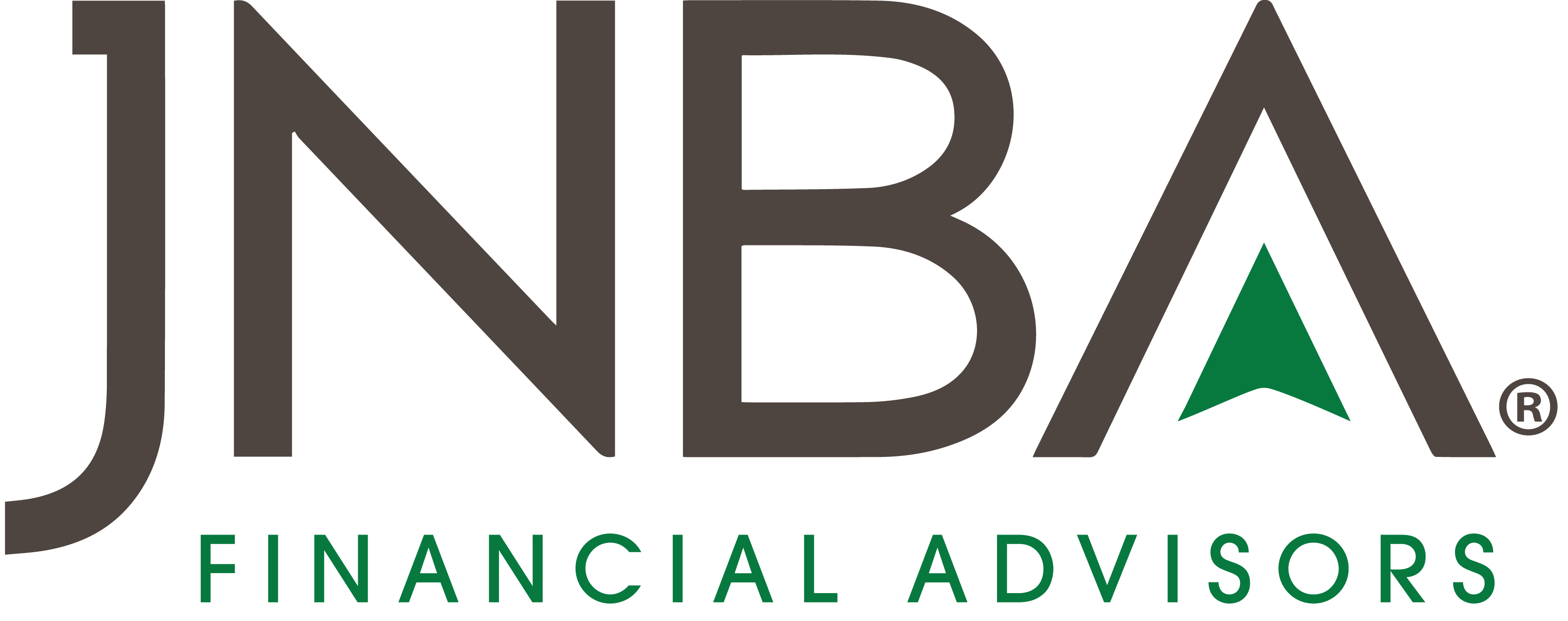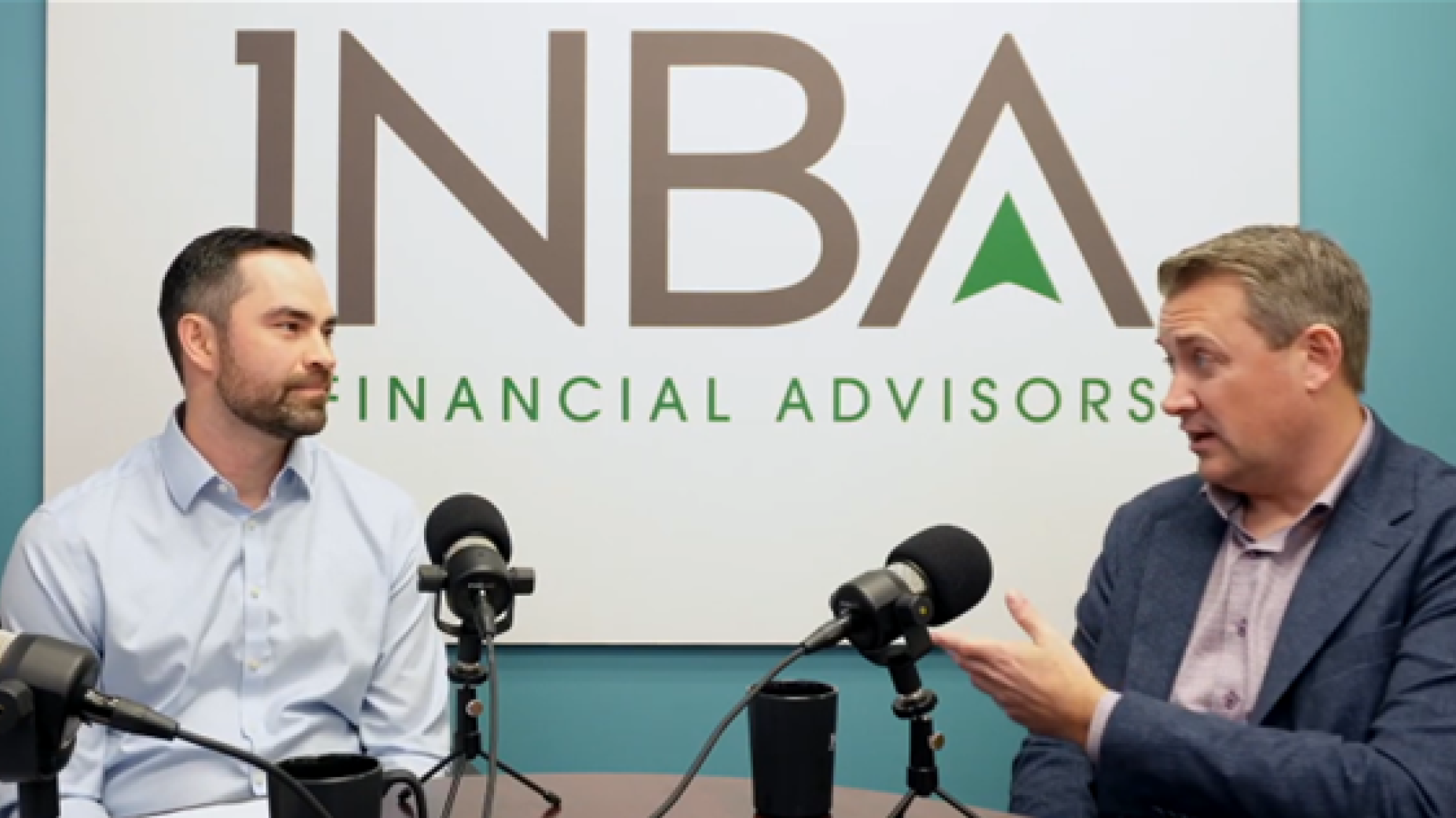Taxation can be a complex landscape, rife with potential pitfalls and scams that unsuspecting individuals and businesses may encounter. Here we delve into the IRS’s Dirty Dozen tax schemes, highlighting the most frequent scams that taxpayers are encountering.
1. Syndicated Conservation Easements:
Conservation easements serve as important tools for protecting natural habitats while providing tax benefits to donors. However, abusive syndicated conservation easement schemes have emerged, exploiting inflated deductions for personal gain. These schemes involve promoters enticing investors with promises of significant tax savings that far exceed their actual investment. The IRS has cracked down on such abusive arrangements, urging taxpayers to steer clear of transactions that appear too good to be true.
2. Micro-Captive Insurance Arrangements:
Micro-captive insurance companies offer a legitimate means for businesses to manage risks and obtain tax benefits. However, abusive micro-captive schemes involve structures that lack the characteristics of genuine insurance. Promoters may encourage taxpayers to participate in these arrangements by exaggerating risks or engaging in illegal transactions. Taxpayers should exercise caution and ensure that any captive insurance arrangement they consider complies with IRS guidelines to avoid penalties and legal consequences.
3. International Retirement Arrangements:
The Foreign Account Tax Compliance Act (FATCA) aims to combat offshore tax evasion by requiring U.S. taxpayers to report financial assets held outside the United States. Despite claims by unscrupulous promoters, offshore accounts are not beyond the reach of the IRS. FATCA mandates reporting by foreign financial institutions, enabling the IRS to identify and track assets held overseas. Taxpayers should be wary of schemes promising secrecy and explore legitimate avenues for managing international assets while complying with tax laws.
4. Digital Assets (NFTs, Bitcoin, Crypto):
Digital assets, including cryptocurrencies and non-fungible tokens (NFTs), continue to gain popularity, presenting unique tax challenges. While some may view digital assets as anonymous and untraceable, the IRS has mechanisms in place to identify and track transactions involving these assets. Taxpayers should be aware that digital assets are treated as property for tax purposes, subject to general tax principles. Proper record-keeping and compliance are essential to avoid penalties and scrutiny from tax authorities.
5. Illegal Tax Deductions for High Earners:
Certain tax deductions, such as those related to art donations and charitable trusts, have been exploited in fraudulent schemes targeting high earners. Promoters may encourage taxpayers to inflate the value of donated assets or misapply tax laws to illegitimately reduce tax liabilities. Taxpayers should exercise caution when engaging in complex transactions and seek advice from reputable professionals to ensure compliance with tax laws.
6. Spearphishing:
Spearphishing scams target specific individuals or organizations through tailored email or text messages designed to deceive recipients into divulging sensitive information or clicking on malicious links. Taxpayers should be vigilant and avoid responding to unsolicited communications claiming to be from the IRS or other financial institutions. Implementing security measures such as two-factor authentication and verifying sender information can help mitigate the risk of falling victim to spearphishing attacks. Learn more about cyber security scams and online safety in JNBA’s three-part podcast series.
7. Tax Advice on Social Media:
The proliferation of tax advice on social media platforms has led to an increase in misinformation and fraudulent schemes. Taxpayers should exercise caution when relying on advice obtained from social media sources and seek guidance from qualified professionals. Validating information and conducting due diligence can help taxpayers make informed decisions and avoid falling prey to fraudulent schemes promoted on social media.
8. Fraudulent W-2 Advice:
Scammers may exploit taxpayers’ desire for larger refunds by encouraging them to falsify income information on tax returns, particularly through fraudulent W-2 schemes. Taxpayers should be wary of schemes promising inflated refunds based on fictitious income and take steps to verify the legitimacy of tax information before filing returns. Engaging in fraudulent activities can result in severe penalties and legal consequences.
9. Form 8944 Scheme:
While Form 8944 is a legitimate IRS tax form used by tax professionals, scammers may mislead taxpayers into believing it can be used to obtain refunds or avoid tax liabilities. Taxpayers should be aware that Form 8944 is intended for professional use and not for individual taxpayers seeking to manipulate their tax obligations. Filing false or fraudulent forms can result in penalties and potential legal repercussions.
10. “Ghost Preparers” and Fake Charities:
Unscrupulous tax preparers, known as “ghost preparers,” may exploit taxpayers by offering fraudulent services or encouraging false deductions. Similarly, fake charities may deceive donors into providing funds that are used for illicit purposes. Taxpayers should exercise caution when engaging tax preparers or making charitable donations and verify the legitimacy of individuals or organizations before providing financial information or contributions.
11. Offer in Compromise Mills and False Fuel Tax Credit Claims:
Promoters of Offer in Compromise (OIC) mills may exploit taxpayers seeking to settle tax debts by charging excessive fees for services that may not meet IRS requirements. Similarly, false claims for fuel tax credits can result in penalties and legal consequences for taxpayers. Taxpayers should be wary of schemes promising unrealistic outcomes and seek guidance from qualified professionals when navigating tax resolution options or claiming credits.
12. Phishing & Smishing:
Phishing and smishing scams continue to target taxpayers through deceptive emails and text messages claiming to be from the IRS or other financial institutions. Taxpayers should exercise caution and avoid clicking on suspicious links or providing personal information to unknown sources. Reporting suspicious communications to the appropriate authorities can help combat fraudulent activities and protect against identity theft and financial fraud.
If you think you may have unknowingly been involved in one of these scams, please reach out to your JNBA Advisory Team, Tax Professional and/or the IRS, to determine next steps to mitigate any consequences.
JNBA is neither an agent of IRS nor an agent nor an agent U.S. Department of Treasury. JNBA is not an accountant and no portion of the above should be construed as accounting advice. All accounting issues should be addressed with an accounting professional of your choosing. JNBA is not an attorney and no portion of the above should be construed as legal advice. All legal issues should be addressed with the legal professional of your choosing.
Due to various factors, including changing market conditions and/or applicable laws, the content may no longer be reflective of current opinions or positions. Moreover, you should not assume that any discussion or information contained in this blog serves as the receipt of, or as a substitute for, personalized investment advice from JNBA Financial Advisors, LLC.
Please see important disclosure information at www.jnba.com/disclosure






